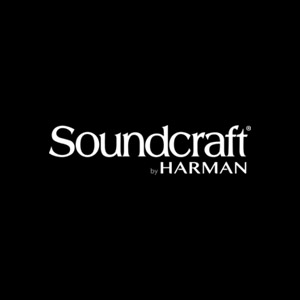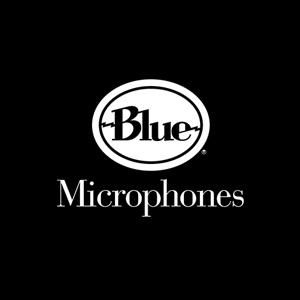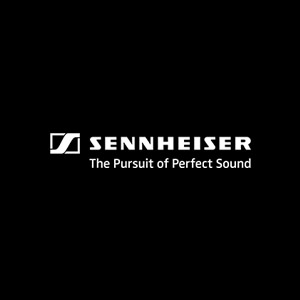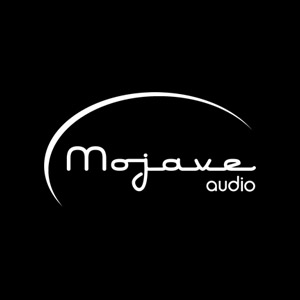“I was able to take every tool that CRAS gave me and turn it into an opportunity. I follow the codes I learned in the Navy – honesty, integrity, commitment, loyalty.”
Tempe, Ariz., May 3, 2016 – It’s not unusual for people pursuing their dreams to take a side job or two before they find the path that takes them to that dream.
Bobby Glass did just that. While working as a deejay in Florida, he still had a full-time job working at a local Publix grocery store. His music career led him to the Conservatory of Recording Arts and Sciences (CRAS) and eight years in the U.S. Navy. Now he’s a full-time recording engineer and deejay known as Bobby G.
“I’ve always had an interest in music and I was a deejay on a weekly basis for years,” Bobby G said. “I had a live gig and finally I was able to talk with this one engineer about signal flow and how to get it from one transducer to another. I knew a bit about signal flow but what they were doing was different. They explained that this was live sound and it was very different from studio sound. I really wanted to learn more about engineering sound and they suggested a number of schools, including CRAS. I did my research and came to Arizona for a visit and knew that CRAS was where I wanted to go.”
Majoring in Audio Engineering at CRAS in Tempe, Ariz., Bobby G’s degree enhanced his career and gave him the musical edge necessary to propel him ahead of his single-genre-competition. After class, Bobby G interned at 103.9 The Party in Scottsdale, Ariz., where his talents were immediately appreciated and the station made him an on-air radio personality for “The Old School Lunch Mix” taking over the Technics 1200’s on the station’s most-listened-to “Friday Night Street Party” and “Saturday Night Shake Down” quickly thereafter. His on-air time has made Bobby G a household name in Scottsdale and has created a strong following from coast to coast.
After graduation, Bobby G went back to being a deejay, but his career took a tangent about three years later when he joined the U.S. Navy. Although he was trained as a Weapons Damage Control (AW/SW) Specialist, Bobby G was able to put his CRAS education to good use on the aircraft carrier USS. John C. Stennis.
“Prior to going out to sea, the crew often asked us to bring on musical equipment,” Bobby G said. “When we had down time, what better way to relax, let off some steam and try to bring up morale through the use of music.”
As a sailor in the United States Navy, Bobby G has rocked crowds from Hawaii to Japan, Malaysia to Australia, even the Pacific Ocean where he deejayed on his aircraft carrier for 5,000 “HOOYAHHH”ing Navy sailors and soldiers in a surprise concert by The Wallflowers as the John C. Stennis sailed from Hawaii to San Diego. “They needed an opener for the band and our ‘Fun Boss,’ the person who takes care of all the MWR tasks aboard, said, ‘We have a deejay on board, Bobby G., who is very good. Would you like him as your opener?’ and they agreed! How many DJs have done that? Bobby G has!
“During the Wallflowers sound checks, the band’s engineers were pretty impressed that I knew my way around the boards and they asked where I learned how to do this. When I mentioned CRAS, they knew about the school and the talent that graduated from there.”
Bobby G said the value of a CRAS education is that you learn the arts and science behind the sound. “It’s really a challenging curriculum, more than just signal flow,” Bobby G said. “There’s audio engineering, electrical engineering, music theory, perception, and more. You’ve really got to have your head fastened on tightly, because it can be challenging.
“At CRAS, I arrived as a deejay. I didn’t know how to play a lick of music, I didn’t know how to read music or score or write music, but I understood the theory and the science behind it. That’s where I felt I had an opportunity. The first weeks were extremely hard for me because I didn’t have the technical background but Ghery Fimbres and the other professors took me under their wing and helped me to understand different concepts such as signal flow.”
After leaving the Navy, Bobby G returned home to Florida and prepared to look for a place to build his studio. Over time, he was able to build a small but influential recording studio and used what he learned from CRAS – music theory, perception and music business – to enhance his knowledge and skills. He followed his instruction to master each piece of gear and then he bent the rules creating different sounds and a mixing style of his own. Over a short time he has publicized his studio, gained client success and preserved some of their best acoustic memories, for life.
“I was able to take every tool that the Conservatory gave me and turn it into an opportunity,” Bobby G said. “I follow the codes I learned in the Navy – honesty, integrity, commitment, loyalty – and use them as my way of life to help me stay on track. Now, 15 years later, I have my own studio, I’m self employed, I don’t have a large staff – just a couple of interns – but it’s my own ship and I get to operate how I need to. To this day I can teach the interns at my recording studio the same way that CRAS cultivated me so many years ago.
“In Florida I work with a lot of clients who have a passion of becoming a recording artist, so it’s my duty to help them by educating them while producing a studio quality demo. Mostly I record Top 40, Rap and R&B, but I recently shifted musical gears and had a young male artist who could sing like Frank Sinatra, and a young Christian female artist with a voice of an angel.”
Bobby G is appreciative of what music has given him and how he has been able to return that gift. “With music, I get to touch people’s lives,” he said. “I love it and I am good at it. If I’ve had a bad day, music has never failed me. As tough as the music industry is, I want to stay true to it. As Ghery told me, if you keep your nose to the grindstone, you will find that career path and those individuals who share the same passion as you, and you will make good music together, I promise you.”
























